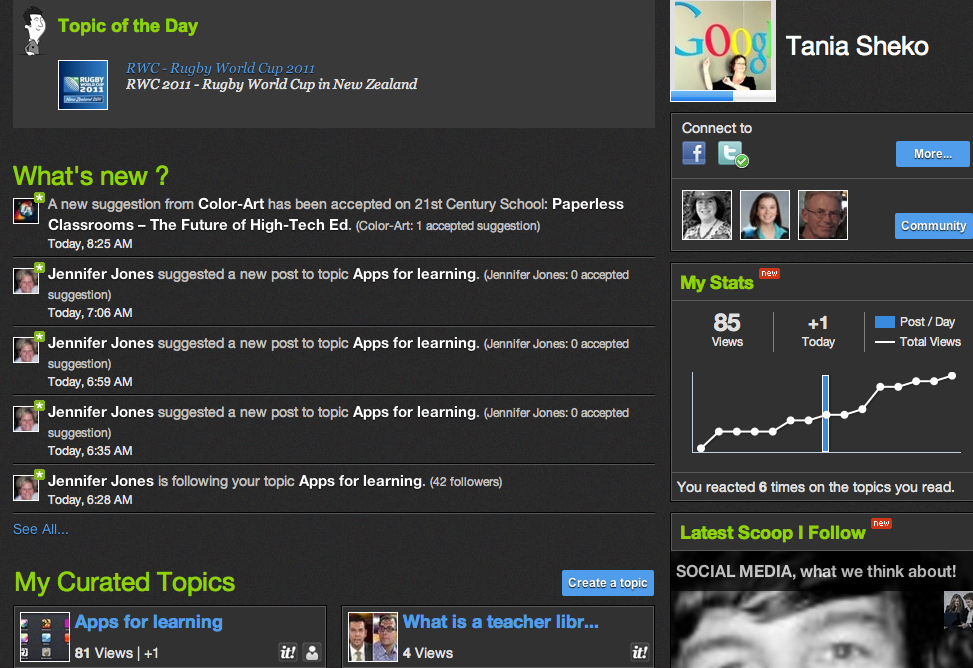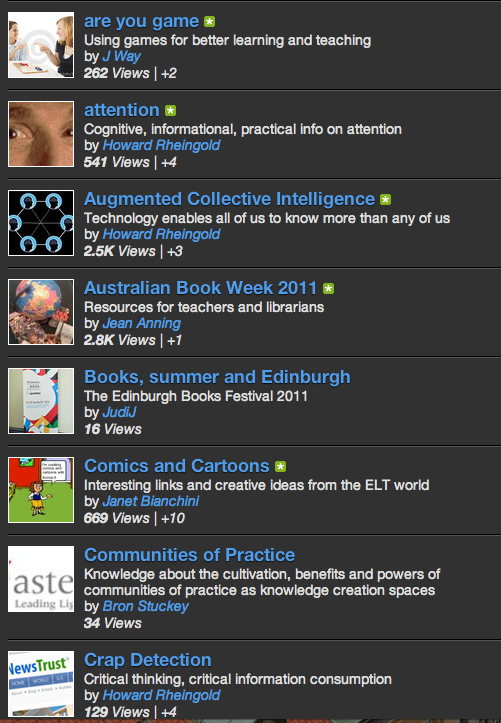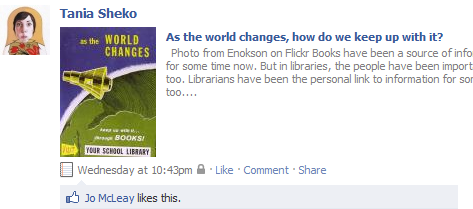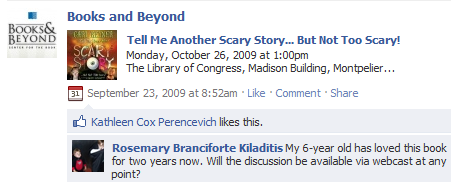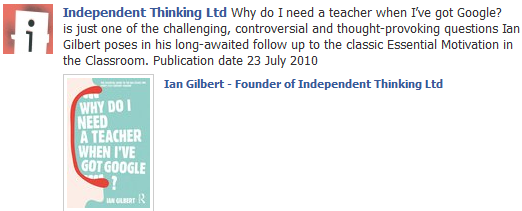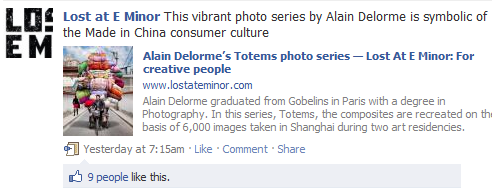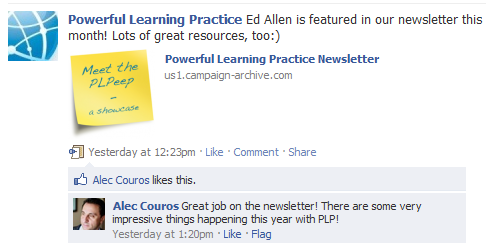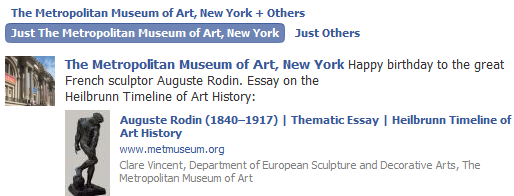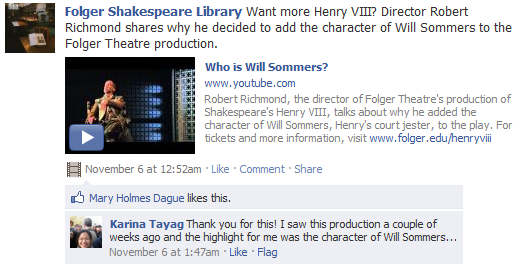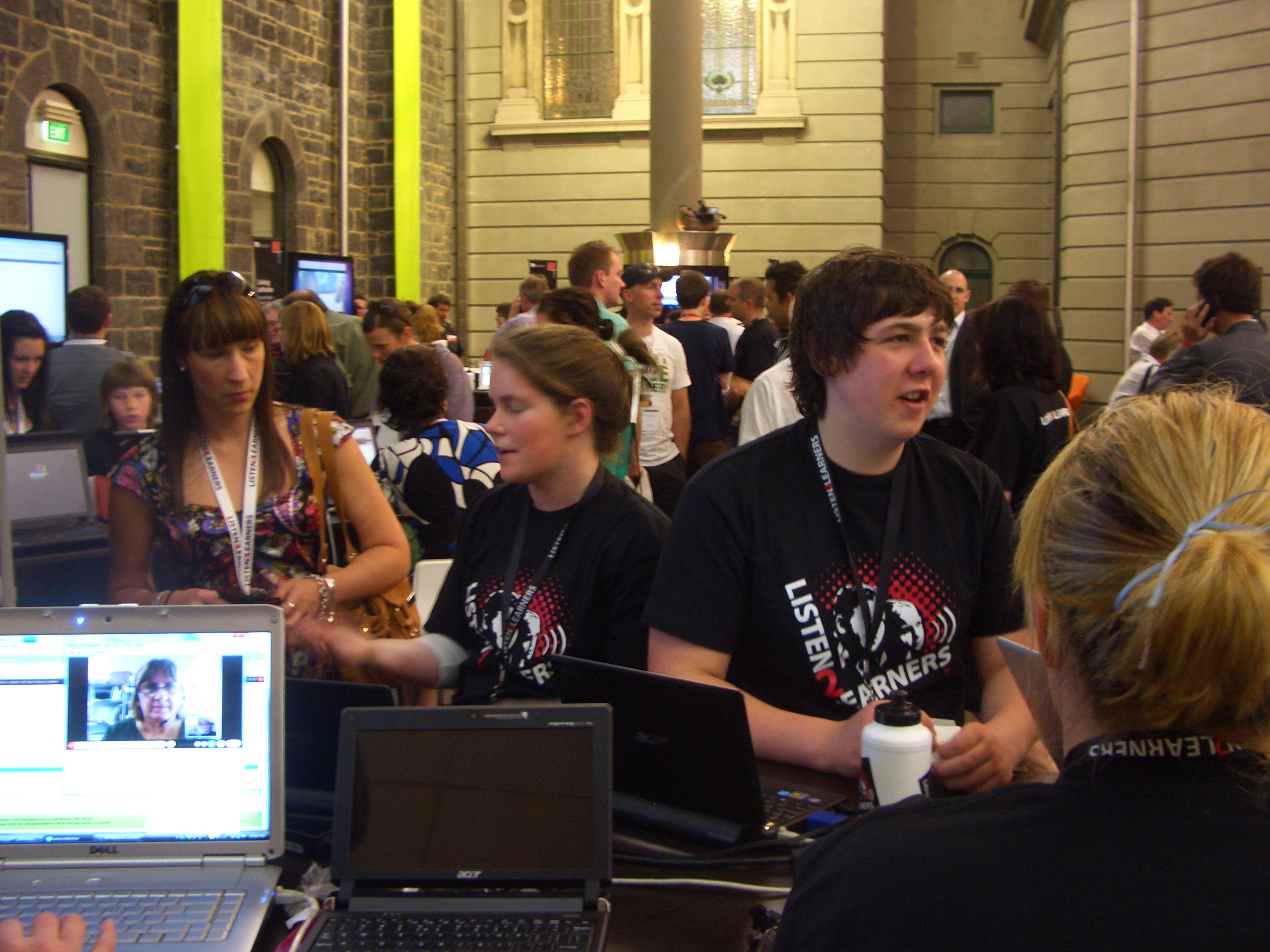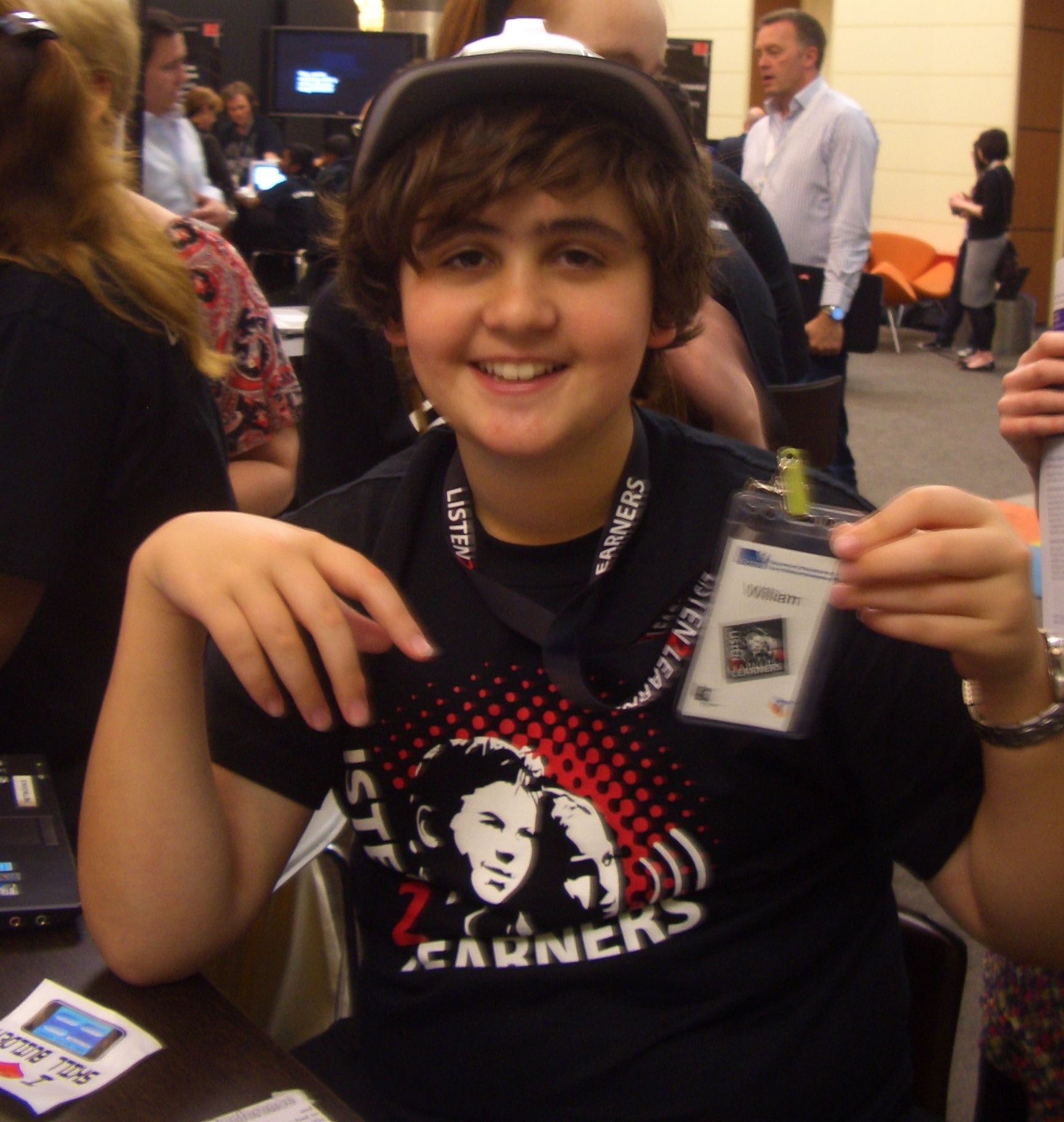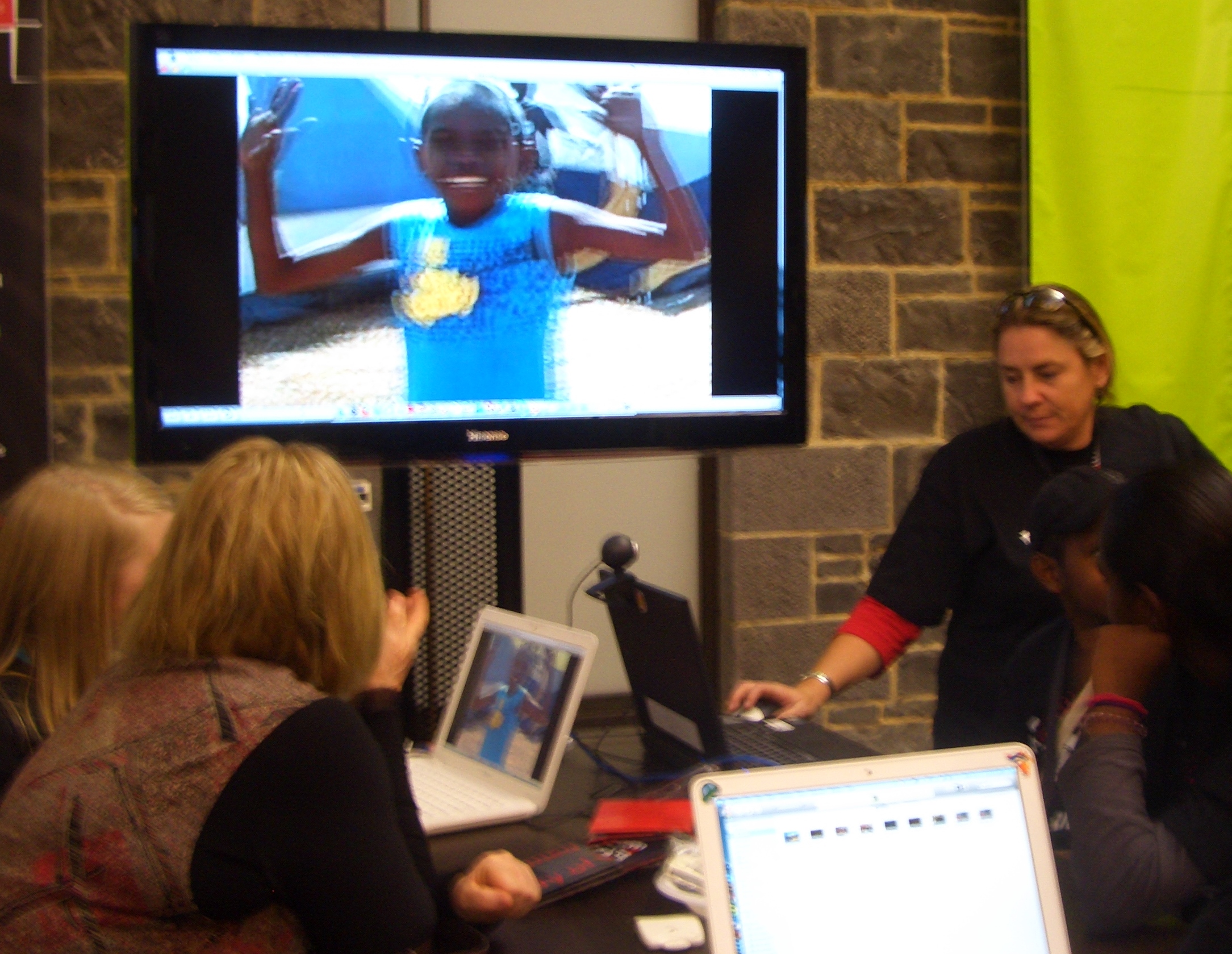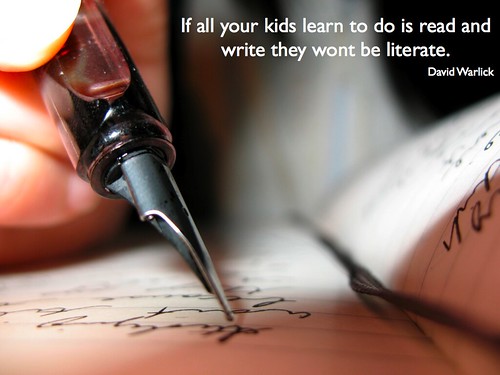
Am Fenster, 1922 by Hans Kammerer
In keeping with a limited budget for professional development, the question about relevant choices came up. The conversation that arose centred on proven relevance for my role as teacher librarian, and in terms of being in line with we’re doing at school. I wanted to go to Gary Stager’s part in a leadership seminar series. Here is an extract about the seminar –
For school leaders, the immediate challenge is to create productive contexts for learning where there are greater opportunities for inquiry, project-based learning and student leadership, regardless of gender, ethnicity or socio-economic status.
The relevance of professional development is an interesting topic for conversation especially for me as a teacher librarian. My role is not subject centred, and I find that I usually have to explain the types of things that I do, and the types of PD which might be useful. I understand that a limited budget forces the question of relevance, and might lead to the opinion that Gary’s talk is not specifically targeted to my role or even what we are doing at our school. It might be reasonable to expect that the chosen professional development session should be specifically targeted at what we do in the library.
Why does this not sit right with me?
As much as I appreciate and enjoy professional development opportunities related to my profession (teacher librarian) – and there is so much variety here since this role has an impressive array of hats – what I love most is an opportunity to be stretched, challenged and even surprised; to be reminded about the basic core of our jobs at school – LEARNING! – and to interact with people from different walks of life.
People who attend Teachmeets will know what I’m talking about. We hear from educators in different roles – primary, secondary, tertiary, from principals, heads of elearning, IT, program coordinators at museums, non-school libraries, and the such. You get what I’m trying to say. There is so much to learn from each and every speaker, regardless of their role, and that’s precisely because of the diversity of experiences. Sometimes a primary teacher will have a unique approach to teaching which a secondary teacher will not have thought of. I know that I have so many connections and ideas while I’m listening to these people. And the conversation following is just as valuable. How sad, how 2-dimensional, to receive professional development which is carefully measured, predictable and safe.
What would I be like if I stayed in my library, if I stayed in my school, my staff room, my neighbourhood?




